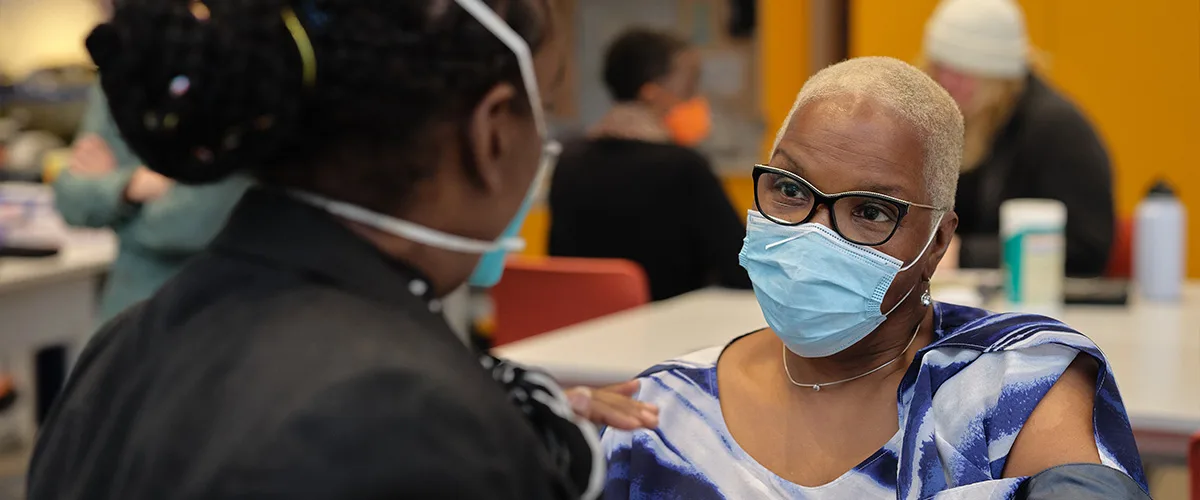In the U.S., health disparities for people of color relative to White individuals include higher rates of illness and death and less access to quality care. In response to longstanding and systemic healthcare inequities, Johnson & Johnson (“J&J”) launched its “Our Race to Health Equity” initiative (“ORTHE”) in November 2020. The bold under-taking “aspires to help eradicate racial and social injustice as a public health threat by eliminating health inequities for people of color” with a $100 million commitment over five years.
The company will invest half of ORTHE’s $100 million through external grants, programs, and initiatives by 2025. To embed a health equity mindset into J&J’s everyday business practice and strategy, J&J has also committed to driving change from within their large enterprise, allocating $50 million over five years to a Business Match Fund (“BMF”). The BMF is an incubator and catalyst for alignment at all levels of J&J by providing dollar-for-dollar co-investment alongside business units seeking to advance a health equity-oriented initiative in the United States.
This case study details how Johnson & Johnson designed and executed the Business Match Fund to accelerate the adoption of a health equity focus across its divisions and, consequently, to seed large-scale organizational change. Their approach includes five core elements, explored further in the report:
- Design a funding approach that promotes innovation, long-term thinking, and engagement
- Use a varied toolkit to invite applications from across the enterprise
- Administer a layered and inclusive review process to select fund recipients
- Track impact centrally and regularly, leaving room for flexibility
- Tell the story of catalyzed impact internally and externally




